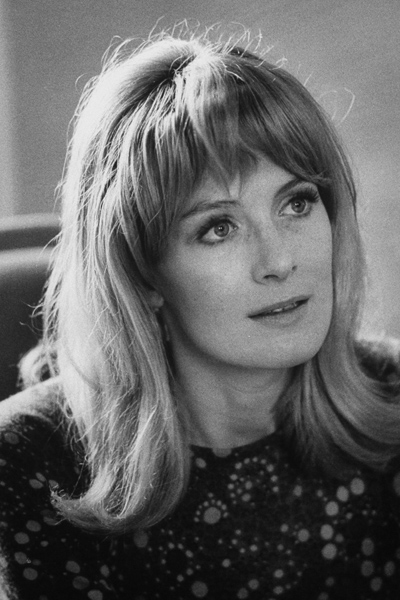Ladies and gentlemen,’ Laurence Olivier declared in his clipped, semi-metallic tones to the audience at the Vic as he took his curtain call, ‘tonight a great actress has been born. Laertes has a daughter.’
The man playing Laertes to Olivier’s Hamlet on that evening in January 1937 was Michael Redgrave. The daughter was Vanessa, who would, as Olivier foretold, grow up to be a great actress. This vignette, you might say, contains all the majesty and mawkishness of the theatre. And a touch of its tawdriness, too. For rather than hurry to the bedside of his wife Rachel, Redgrave, it is said, slipped away instead to spend the night with his mistress, the incomparable Edith Evans.
Does the possession of genius necessarily bring with it a moral carte blanche? The question isn’t idle, since Michael Redgrave had genius, or something very near. The critic Kenneth Tynan liked to talk of a gulf between good and great acting performances. Olivier, he once wrote, ‘pole-vaults over in a single animal leap; Gielgud, seizing a parasol, crosses by tightrope.’ Redgrave, by contrast, ‘always chooses the hard way. He dives into the torrent and tries to swim across, usually sinking within sight of the shore.’
The consensus seems to be that Michael, a Cambridge graduate and published author, was too intellectual; too intelligent, perhaps, to be one of the truly greats. Not so Vanessa, whose mind moves instinctively, sometimes disastrously, in her emotions’ wake, but whose performances can astonish. Her apparently effortless turn in 2007’s Atonement, to give just one example, left the rest of that film looking like a sixth-form production.
Theatrical biographies typically consist of a catalogue of performances, spiced with sexual shenanigans. To these themes, Donald Spoto’s multi-biography adds family life.








Comments
Join the debate for just £1 a month
Be part of the conversation with other Spectator readers by getting your first three months for £3.
UNLOCK ACCESS Just £1 a monthAlready a subscriber? Log in